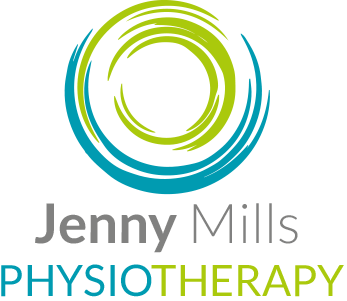Rheumatoid Arthritis
An autoimmune condition
This is an inflammatory condition that can involve acute inflammation of certain joints. Joint care is important to minimise damage to the joints. Diet can play a large role in managing this condition. Acupuncture is also a way to manage the symptoms.
Rheumatoid arthritis (RA) is a chronic autoimmune disorder that primarily affects the joints. In autoimmune conditions, the immune system, which normally protects the body from infections and diseases, mistakenly attacks its own tissues. In the case of rheumatoid arthritis, the synovium (the lining of the membranes that surround the joints) is primarily targeted.
Key features of rheumatoid arthritis include:
Joint Inflammation: RA causes inflammation in the synovium, leading to swelling, pain, and warmth in the affected joints.
Symmetrical Joint Involvement: RA often affects joints on both sides of the body in a symmetrical pattern. For example, if one knee is affected, the other knee is likely to be affected as well.
Joint Damage: Over time, chronic inflammation can damage the affected joints, leading to deformities and loss of function.
Systemic Symptoms: In addition to joint symptoms, RA can cause systemic symptoms such as fatigue, fever, and weight loss.
Fluctuating Symptoms: RA symptoms can vary in severity, and individuals may experience periods of flare-ups with increased symptoms and periods of remission with milder or no symptoms.
Extra-Articular Manifestations: RA can also affect other organs and systems in the body, leading to complications such as rheumatoid nodules, lung inflammation, and cardiovascular issues.
The exact cause of rheumatoid arthritis is unknown, but both genetic and environmental factors are believed to play a role in its development. It often begins between the ages of 30 and 60, and women are more commonly affected than men.
Diagnosis is typically based on a combination of clinical evaluation, medical history, blood tests (such as rheumatoid factor and anti-cyclic citrullinated peptide antibodies), and imaging studies (X-rays, MRI, or ultrasound).
Treatment for rheumatoid arthritis aims to reduce inflammation, manage symptoms, and prevent joint damage. Common treatment approaches include medications (such as disease-modifying antirheumatic drugs - DMARDs and biologics), physical therapy, and lifestyle modifications.
It's important for individuals with suspected rheumatoid arthritis to seek medical attention promptly for an accurate diagnosis and appropriate management. Early intervention can help improve outcomes and quality of life for those with RA.
For bookings or information:
Please contact for any further help. Often just 1 or 2 sessions is all that is needed , no commitment to a long course of treatment.
Cost
Initial assessment with treatment £50 (allow 45 to 50 minutes)
Follow up session £45 (allow 30 minutes)
Sports massage £45 for 30 minutes
Yoga 1 to 1 or 2 tuition
£30 for 45 minutes

